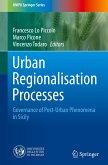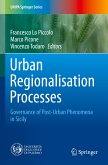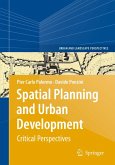This Open Access book explores the contemporary socio-economic challenges that European non-urban areas face, illuminating how collaborative workspaces (CWS) contribute to tackling them in multiple ways. Collaborative workspaces (such as coworking spaces, fab labs, creative hubs, etc.) for freelancers, self-employed, remote workers and start-ups are increasingly becoming a subject of local and regional economic development policies as they are considered important intermediaries that help deliver entrepreneurial development and local innovation agendas. There has also been a rise in CWS in less densely populated communities in rural and peripheral regions across the European Union that face particular challenges such as brain drain, low investment levels, and low levels of entrepreneurship. These non-urban CWS differ in terms of scopes, functions and impacts compared to those in urban centers. The contributions in this volume unpack the development processes of CWS in rural, suburban, remote and peripheral areas, their wider economic, social and community impacts at the local and regional level, as well as at the level of the individual worker and the enterprise. The book brings together contributions from a broad range of scientific disciplines, including social and economic geography, economics, business studies, architecture, planning, gender studies, and management studies.
Bitte wählen Sie Ihr Anliegen aus.
Rechnungen
Retourenschein anfordern
Bestellstatus
Storno








